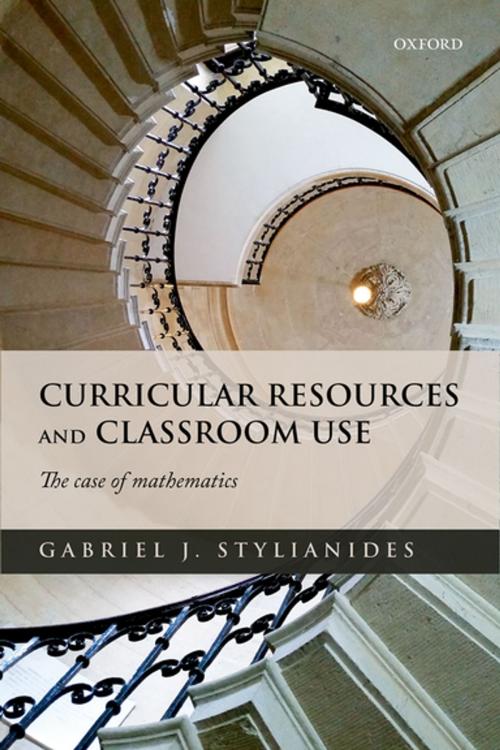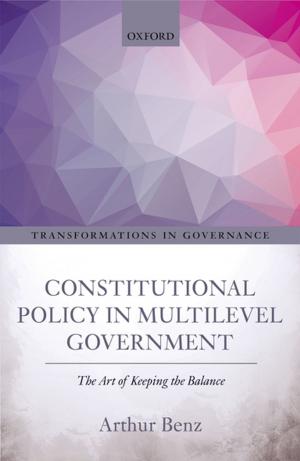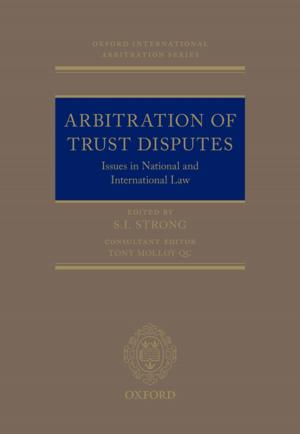Curricular Resources and Classroom Use
The Case of Mathematics
Kids, School Tools, Mathematics, Nonfiction, Science & Nature, Reference & Language, Education & Teaching| Author: | Gabriel J. Stylianides | ISBN: | 9780191066955 |
| Publisher: | OUP Oxford | Publication: | May 5, 2016 |
| Imprint: | OUP Oxford | Language: | English |
| Author: | Gabriel J. Stylianides |
| ISBN: | 9780191066955 |
| Publisher: | OUP Oxford |
| Publication: | May 5, 2016 |
| Imprint: | OUP Oxford |
| Language: | English |
Curricular resources include the different kinds of materials (digital or physical) that teachers use in or for their teaching (textbooks, lesson plans, etc.) and have a significant influence on students' opportunities to learn. At the same time, teachers play a crucial role as interpreters of such materials, so there is a complex relationship between curricular resources and their classroom use. This book aims to bridge these rather disconnected but highly related programs of research by describing, comparing, and exemplifying new research approaches for studying, in connected ways, both curricular resources and their classroom use, thereby supporting also investigation of the complex interplay between the two. In addition to implications for research, the book has implications for curriculum development and teacher education. Specifically, the book deepens understanding of how curriculum developers can better exploit the potential of curricular resources to support classroom work, and how teacher educators can better support teachers to use curricular resources in the classroom.
Curricular resources include the different kinds of materials (digital or physical) that teachers use in or for their teaching (textbooks, lesson plans, etc.) and have a significant influence on students' opportunities to learn. At the same time, teachers play a crucial role as interpreters of such materials, so there is a complex relationship between curricular resources and their classroom use. This book aims to bridge these rather disconnected but highly related programs of research by describing, comparing, and exemplifying new research approaches for studying, in connected ways, both curricular resources and their classroom use, thereby supporting also investigation of the complex interplay between the two. In addition to implications for research, the book has implications for curriculum development and teacher education. Specifically, the book deepens understanding of how curriculum developers can better exploit the potential of curricular resources to support classroom work, and how teacher educators can better support teachers to use curricular resources in the classroom.















